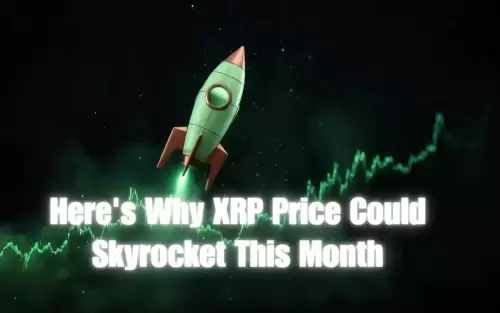 |
|
 |
|
 |
|
 |
|
 |
|
 |
|
 |
|
 |
|
 |
|
 |
|
 |
|
 |
|
 |
|
 |
|
 |
|
暗号通貨のニュース記事
Bitcoin as an Inflation Hedge in 2025 Is More Complicated Than It Sounds
2025/04/30 17:18

Few assets today stir up as much conviction—and controversy—as Bitcoin. But calling it a hedge against inflation in 2025 is more complicated than it sounds.
Between its fixed supply, surging institutional demand, and sky-high volatility, Bitcoin looks less like gold (CM:XAUUSD) and more like a high-risk insurance policy that might pay out during an economic meltdown.
At the core of Bitcoin's inflation narrative is its hard cap of 21 million coins. There’s no central bank printing more. That scarcity, especially paired with halving events like the one in April, is designed to slow supply even more over time.
But scarcity alone doesn’t make an asset a hedge. It’s the relationship between supply, demand, and economic stress that counts. When inflation fears spike and fiat currency weakens, demand for alternative stores of value can rise—ultimately amplifying Bitcoin's price.
In the realm of institutional investment, Bitcoin has seen some serious buy-in in 2025. Strategy (formerly MicroStrategy) (NASDAQ:MSTR) now holds over 538,000 BTC—nearly $47 billion worth. Metaplanet (JP:3350) is close behind, aiming to hit 21,000 BTC by 2026. Even the State of Wisconsin's pension fund allocated $160 million to spot Bitcoin ETFs.
Speaking of ETFs, they're exploding in popularity. U.S. inflows are projected to hit $3 billion this quarter, and BlackRock (NYSE:BLK) is now including Bitcoin in its model portfolios.
For all the optimism, Bitcoin is also known for its volatility. It recently soared above $109,000 in March, only to plunge below $75,000 a few weeks later. As of writing, it's trading at around $88,000.
That kind of price instability might not bode well for most investors, especially during times of inflation.
And then there's the issue of centralization. Just five mining pools control two-thirds of the Bitcoin network, while a tiny handful of wallets hold nearly all of the cryptocurrency's circulating supply.
So, is Bitcoin a hedge against inflation? It has some of the ingredients—scarcity, portability, and global access. But ultimately, it's still a volatile bet. It's less like gold and more like holding Tesla (NASDAQ:TSLA) stock in the middle of a currency crisis.
If inflation gets really bad and the global economy falls into a deep recession or depression, then Bitcoin might indeed soar to new highs. But there's also a chance that it could sink even lower. It's not a hedge; it's a gamble with potential for huge upside—or devastating downside.
At the time of writing, Bitcoin is sitting at $94,739.
免責事項:info@kdj.com
提供される情報は取引に関するアドバイスではありません。 kdj.com は、この記事で提供される情報に基づいて行われた投資に対して一切の責任を負いません。暗号通貨は変動性が高いため、十分な調査を行った上で慎重に投資することを強くお勧めします。
このウェブサイトで使用されているコンテンツが著作権を侵害していると思われる場合は、直ちに当社 (info@kdj.com) までご連絡ください。速やかに削除させていただきます。






























































